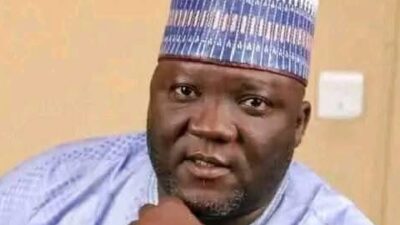By John Nenpan
Nigeria’s current economic reality is a harsh one. Skyrocketing inflation, unemployment, and insecurity have pushed millions of citizens to the brink. The government’s response to this crisis will determine the nation’s future.
The hardship is visible. Families struggle to afford basic necessities, healthcare suffers, and education takes a backseat. Insecurity ravages communities, and hope dwindles. The government must act decisively to address these pressing issues.
Economic diversification, security reforms, and social welfare programs are crucial. Investing in infrastructure, agriculture, and education can stimulate growth. The government must prioritize citizens’ needs, ensure accountability, and drive meaningful change.
Moreover, corruption and mismanagement have exacerbated the crisis. The government must tackle these issues head-on, ensuring transparency and accountability in governance. Citizens deserve to know how their resources are being utilized.
Furthermore, the private sector has a vital role to play. By investing in key sectors, creating jobs, and supporting entrepreneurship, businesses can help drive economic growth. Collaboration between government, private sector, and civil society is essential.
Nigerians deserve better. It’s time for leaders to put citizens first, work together, and build a brighter future. The nation’s collective future depends on it. Let’s unite to overcome these challenges and create a prosperous Nigeria for all.
The time for action is now. The government must take bold steps to address the economic and security challenges. Citizens must also play their part by demanding accountability and good governance. Together, we can build a better Nigeria.
In addition, the youth, who constitute a significant portion of the population, must be empowered through skills acquisition programs, job creation initiatives, and access to education. This will not only reduce unemployment but also harness their potential for national development.
Ultimately, overcoming Nigeria’s hardship requires a multifaceted approach that addresses the root causes of the crisis. With collective effort, determination, and a commitment to good governance, Nigerians can navigate these challenging times and build a brighter future for generations to come.







